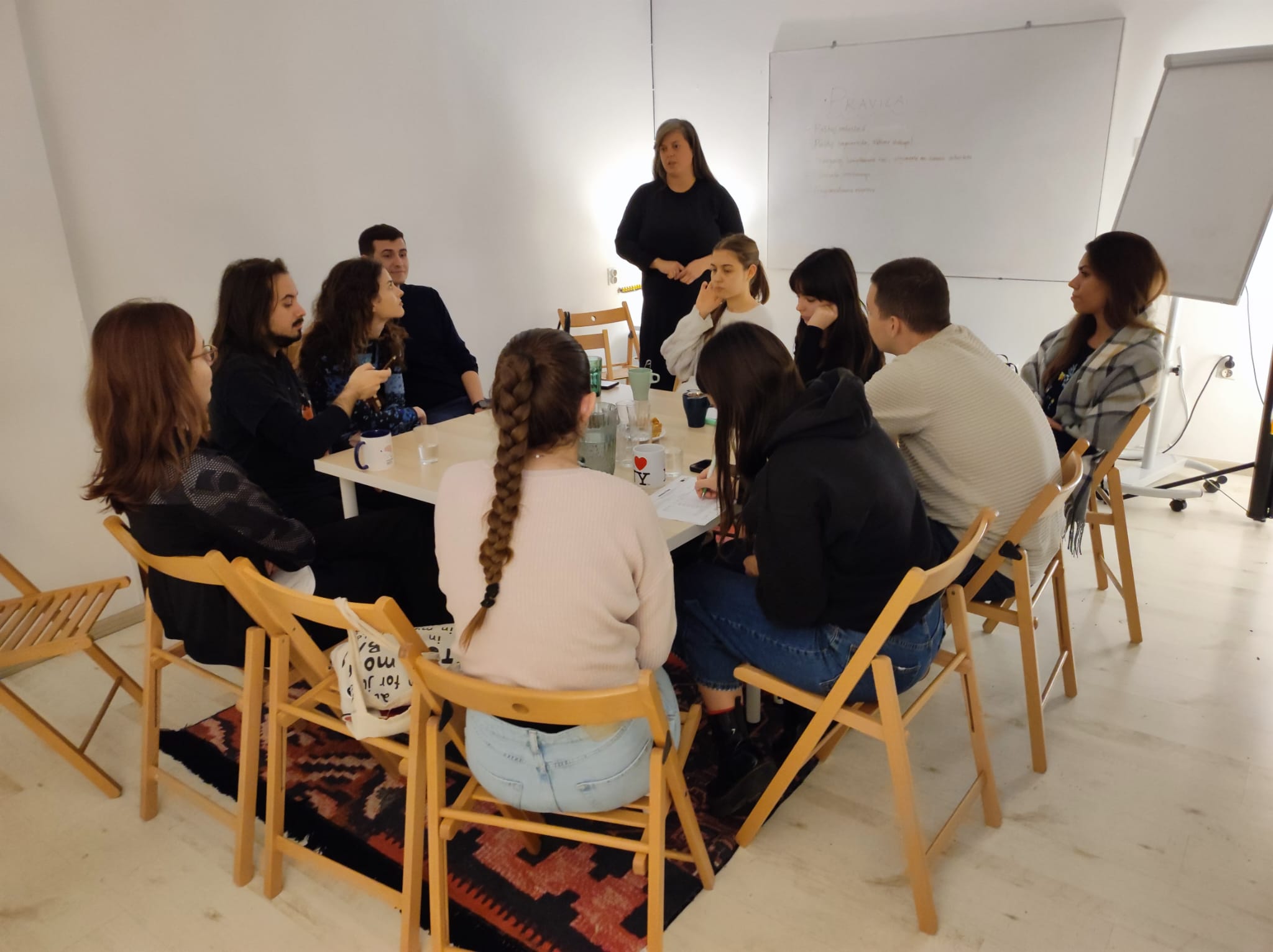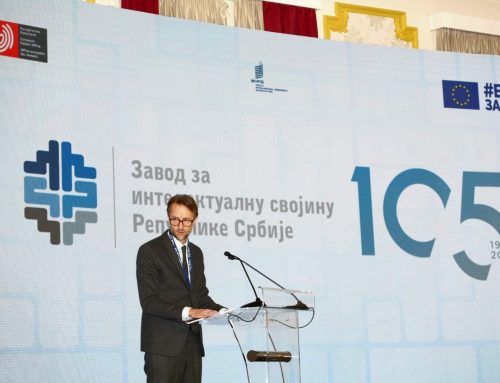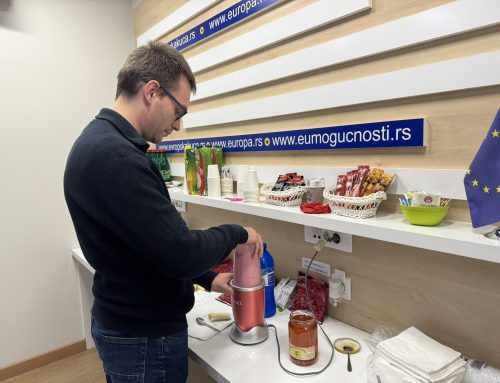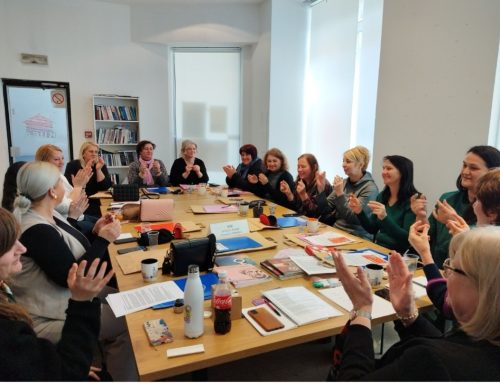As part of the European Green Diplomacy Week, celebrated across Serbia from November 14 to 25 under the slogan “See Water Differently”, the Europe House Novi Sad organized two Socrates Café gatherings focused on ecological challenges and the future of human society.
The events in Novi Sad and Pančevo brought together young people, experts, and local community members, creating a space for open dialogue on issues shaping tomorrow’s world.
The first of the two gatherings took place on November 20 at the OPENS Youth Club in Novi Sad, where participants explored the topic: “What is the Best World for Humans?” in a relaxed yet thought-provoking atmosphere.
Unlike traditional panel discussions, the Socrates Café operates on the principle of collectively asking questions rather than debating or competing. Through this interactive process, participants arrive at the core questions that most clearly illuminate the connections between ecology, technology, and human well-being.
“At the first Socrates Café in Novi Sad, eight young people participated, debating the topic ‘What is the Best World for Humans?’ They broke the discussion into three components: first, considering the types of worlds in which humans could live; second, exploring what people need to be happy; and finally, discussing what kind of world meets all human needs,” explained Đorđe Bengin, who led and guided the conversation.
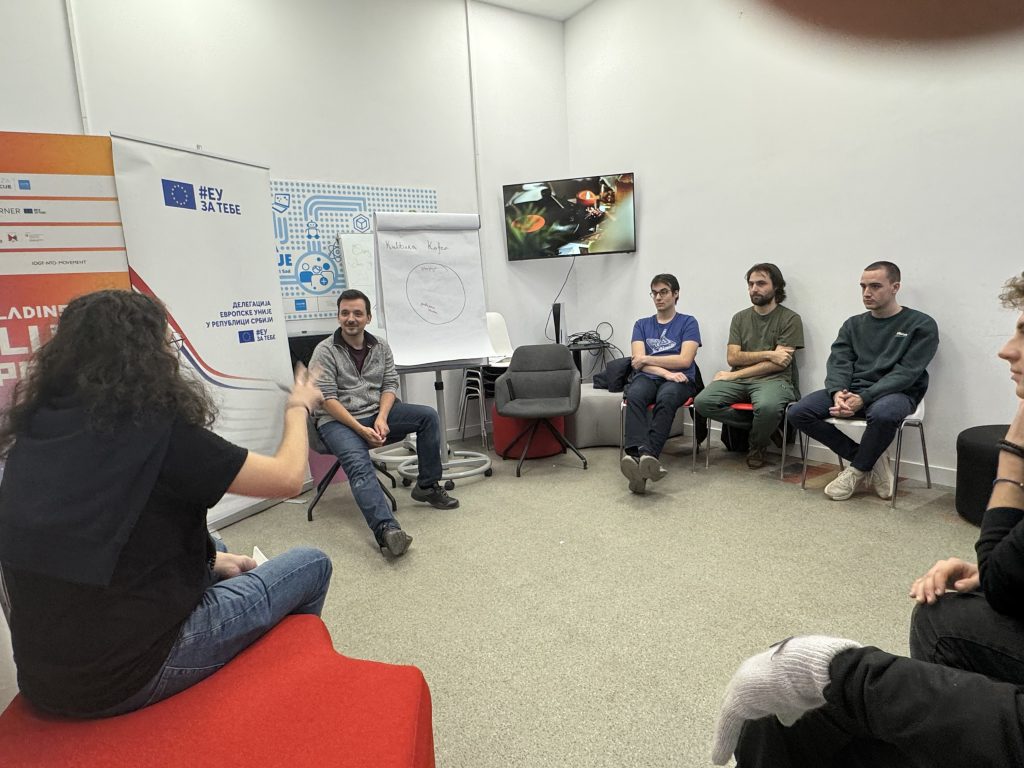
The following day, a second Socrates Café was held at the EU Corner in Pančevo’s SinhroHub. The event drew a large group of young people eager to engage in discussions about environmental protection, particularly in the context of local challenges facing Pančevo.
“When reflecting on the world, the youth realized that every world is inherently a human world, shaped by human actions through technology and culture. People are responsible for the world they live in, and the nature of that world depends on them. When considering what people need for happiness, they concluded that neither a fully natural world nor a completely virtual technological world is sufficient; what is needed is a creative balance aimed at practical problem-solving,” Bengin said.
The discussion opened up a range of perspectives—from sustainable water management and responsible consumption to technological innovation and the ethical dilemmas of modern society. Many participants emphasized that the “best world” is one where there is a balance between human needs and the preservation of natural processes, and where communities actively participate in decision-making.
“Their conclusion was that humans are both an obstacle to achieving the best possible world and the solution to that challenge. It is necessary to think long-term and consider the well-being of the entire biosphere to reach that optimal world,” Bengin added. He noted that participants were highly engaged and expressed strong interest in this type of workshop, appreciating the open-format discussion that allowed them to experiment with critical thinking.
The campaign is organized by Europe Houses in Belgrade, Niš, and Novi Sad, in partnership with the “EU for Green Agenda in Serbia” project implemented by UNDP, and in cooperation with organisations and projects EU4Green, NATURED, IPA Adrion (programme), EBRD, RERI, City and Me, Discover Serbia, Coalition 27, Young Researchers, FINS, Youth Center Novi Sad, Beldocs/CineEuropa, and Society for Bird Protection and Study of Serbia, with the shared goal of inspiring citizens, promoting sustainable habits, and encouraging active engagement for a healthier, greener future.
The EU for Green Agenda in Serbia project, supported technically and financially by the European Union and in partnership with the Ministry of Environmental Protection, is implemented by UNDP with additional support from the governments of Sweden, Switzerland, and Serbia, as well as the European Investment Bank (EIB).
The European Week of Green Diplomacy is a global EU campaign that promotes cooperation in addressing climate change and inspires climate action.

